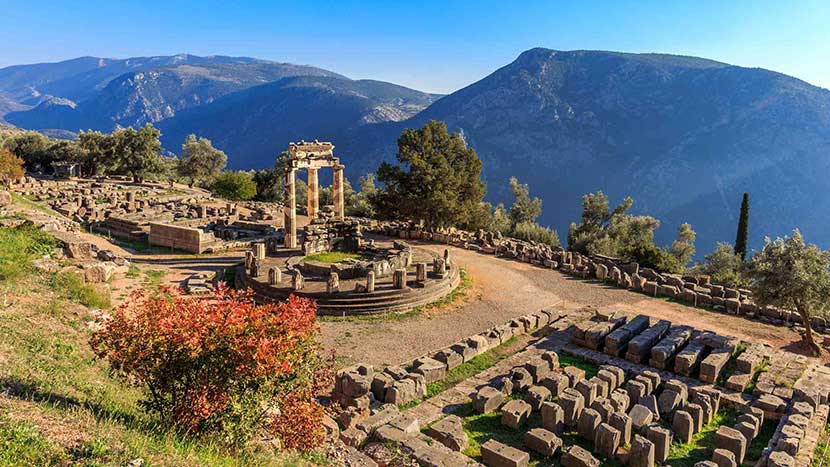Friday, March 29, 2024

Early Friday, a significant seismic event measuring close to 6 on the Richter scale struck southern Greece, stirring concerns across the region and beyond. According to the European-Mediterranean Seismological Centre (EMSC), this earthquake, with a magnitude of 5.7, was centered off the coast of the western Peloponnese, bringing attention to the seismically active nature of Greece and its surrounding areas.
Seismic Activity in Greece: A Geographical Overview
Greece is situated in one of the world’s most seismically active zones, making earthquakes a common occurrence. The country’s geological setting is primarily influenced by the complex interactions of the African Plate subducting beneath the Eurasian Plate, leading to frequent seismic activities. This recent earthquake, centered beneath the seabed near the Strofades islands—approximately 120 kilometers (75 miles) south-southwest of Patras, the western city of Greece—highlights the constant vigil that the nation must maintain against such natural events.
Immediate Effects and Responses
Despite the potentially alarming magnitude of this earthquake, there were no immediate reports of significant damage or injuries. The quake’s tremors were felt strongly in the Greek capital and even as far away as the southern island of Crete, underscoring the widespread reach of seismic waves. The absence of immediate reports of damage or casualties is a testament to Greece’s preparedness and resilience in the face of such common natural events. However, it also serves as a reminder of the unpredictability and potential danger that earthquakes represent.
Historical Context and Preparedness
Greece’s history is punctuated by numerous earthquakes, some of which have been devastating. However, over the years, stringent building codes, early warning systems, and public education on earthquake preparedness have significantly mitigated the risks associated with such events. This recent quake, while potent, joining the long list of tremors that have historically tested the resilience of the Greek people and infrastructure, showcases the advancements in preparedness and response strategies that Greece has implemented.
The Scientific Significance
From a scientific perspective, each earthquake provides invaluable data that helps seismologists and geologists better understand the Earth’s dynamic crust. The location of this quake, beneath the seabed near the Strofades islands, offers unique insights into the seismic behavior of subsea fault lines and the mechanics of earthquake generation in this region. By analyzing this event, scientists can refine their models of Earth’s tectonic movements and improve predictions of future seismic activity.
Looking Ahead: The Path to Resilience
The recent earthquake in southern Greece serves as both a reminder and a call to action. It underscores the importance of ongoing research, preparedness, and education to minimize the impact of future seismic events. For a nation accustomed to living with the reality of earthquakes, Greece’s response to this event is a testament to its resilience and preparedness.
As the global community observes and learns from each seismic event, the importance of international cooperation in research and disaster response becomes ever more evident. Sharing knowledge and resources can enhance the preparedness of not just seismically active nations like Greece but all countries facing natural disasters.
The magnitude 5.7 earthquake that rocked southern Greece is a stark reminder of the planet’s dynamic nature and the constant threat posed by seismic activity. While this event did not result in significant damage or injuries, it highlights the need for vigilance, preparedness, and ongoing research in understanding and mitigating the impacts of earthquakes. Greece’s ability to withstand such natural events with minimal harm is a testament to its commitment to preparedness and resilience. As the world moves forward, the lessons learned from each earthquake can help build a safer and more prepared global community.
Saturday, April 27, 2024
Saturday, April 27, 2024
Sunday, April 28, 2024